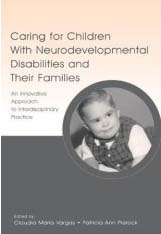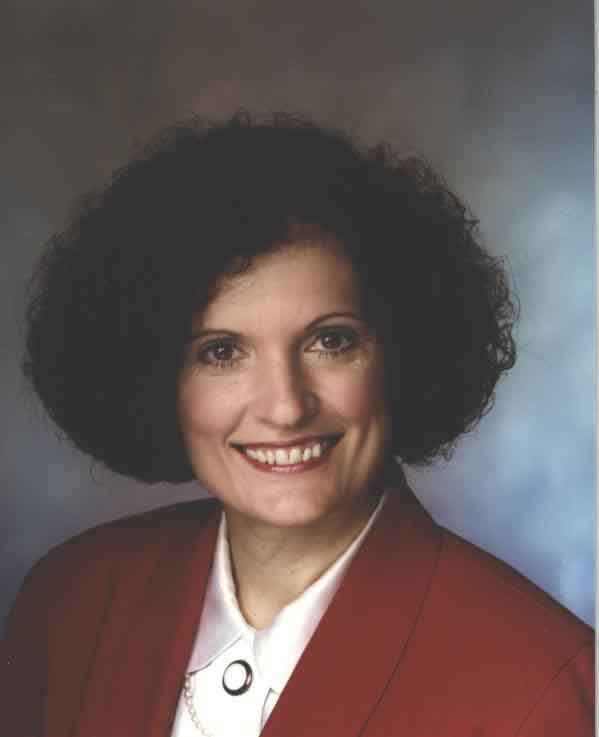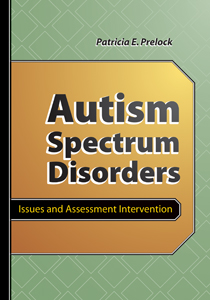 |
|
“Children with
autism need to learn to have fun in social situations and to have real
opportunities to do so." Patricia Prelock |
Spring Semester 2010 Course:
CMSI 299/EDCI 200 Autism Spectrum Disorders
Wednesdays, 5:10-8:10 p.m.
Autism Research Projects
Facilitating Peer Play for Children with Autism Spectrum Disorders
The
development of meaningful social relationships among children with
autism and
their typical peers is a frequently identified valued outcome for
families. Yet,
children with autism demonstrate marked challenges in their ability to
establish joint attention, engage in pretend play and sustain their
interaction
with their peers—all critical components to the development of social
relationships and friendship building. Dr. Patricia Prelock has been
involved
in intervention research in which she is using graduate student
interventionists to support the peer interactions of young children
with autism
and their typical peers in the home setting. The home was selected as
opposed
to the classroom setting because Dr. Prelock is trying to capitalize on
an
environment where children with autism are familiar with their toys,
have
established routines and can practice their skills as play partners in
a common
context for children without autism. During this 15-week treatment
study,
interventionists learn to scaffold the play of children with autism and
their
typical peers, mediating and interpreting their play events,
encouraging their
joint attention, and facilitating their sustained engagement in play.
The Effects of Social Story Intervention on the Perspective Taking of Children with Autism Spectrum Disorders
Children with Autism Spectrum Disorder (ASD) often
experience difficulty understanding social situations, communicating
effectively, and taking the perspective of others. A relatively new
approach to
help children with ASD behave more appropriately in social situations
involves
the use of Social Stories. Social Stories are short stories that
explain to
children how to behave more successfully in a social settings. Although
much
enthusiasm surrounds this approach, little rigorous research has been
conducted
in this area to date. In addition, no research has been conducted to
explore
the potential benefits of Social Stories for enhancing the
perspective-taking
abilities of children with ASD. Drs. Patricia Prelock and Tiffany
Hutchins are
co-investigating the effectiveness of Social Stories to help children
with ASD
1) increase their appropriate communicative strategies, 2) decrease
their
inappropriate social behaviors and, 3) influence their
perspective-taking
abilities. As a large scale and experimentally-controlled study, this
research
involves the participation of several children with ASD and their
families. The
children and their families represent a diverse sample in terms of
child
characteristics and parents’ backgrounds. Both graduate and
undergraduate
students in the Department of Communication Sciences are collaborating
with
Drs. Prelock and Hutchins in this research. Our collaborative team
works
closely with the children with ASD and their parents in order to
identify
challenges that become the targets of our intervention. We also work to
train
students as effective and sensitive interventionists who are adept in
data
collection procedures, experimental design, transcription or data
analysis. As
a project that will span the next few years, we look forward to
contributing to
our knowledge of the effects of Social Stories for children with ASD.
Recent Books
Autism Spectrum Disorders emphasizes the roles of communication, play, and social interaction in understanding and managing the needs of children with autism spectrum disorder (ASD).
 Caring For Children
With Neurodevelopmental Disabilities And Their
Families: An Innovative Approach To Interdisciplinary Practice
presents a model multidisciplinary approach to
care
Caring For Children
With Neurodevelopmental Disabilities And Their
Families: An Innovative Approach To Interdisciplinary Practice
presents a model multidisciplinary approach to
care
--family-centered and collaborative--that has proven effective in
practice. A pillar of the approach is recognition of the importance of
performing culturally competent assessment and adjusting service
delivery so that is responsive to cultural differences. Detailed case
stories illuminate the ways in which the approach can help children
with different backgrounds and different disabilities.

- VT Summer Institute on Autism - June 21-25, 2010 at the Doubletree, speaker line up will be forthcoming
